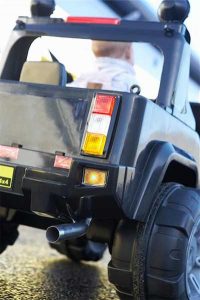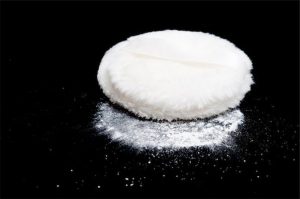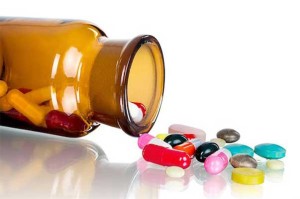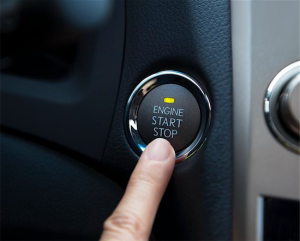What’s Really in Your Makeup Bag?
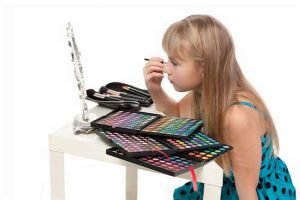 Do you know what’s in the cosmetics you or your children are using? Many people probably don’t take the time to investigate the ingredients in their cosmetics unless they experience some kind of reaction to a particular product. Even if you don’t have a visible reaction, though, your cosmetics could contain unsafe ingredients that could cause injury or illness over the long-term.
Do you know what’s in the cosmetics you or your children are using? Many people probably don’t take the time to investigate the ingredients in their cosmetics unless they experience some kind of reaction to a particular product. Even if you don’t have a visible reaction, though, your cosmetics could contain unsafe ingredients that could cause injury or illness over the long-term.
The U.S. Food & Drug Administration (FDA) has urged Congress to update rules regarding cosmetics safety after issuing an alert advising consumers against using three cosmetics products sold through Claire’s Stores Inc. after tests showed these products contained asbestos, a recognized cancer-causing agent. The accessories company has disputed these claims. To learn more read, “FDA Warns of Asbestos in Claire’s Cosmetics; Company Disputes Claim.”
 New Jersey Injury Lawyers Blog
New Jersey Injury Lawyers Blog


